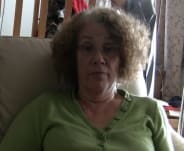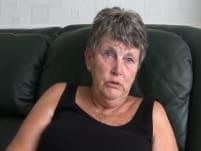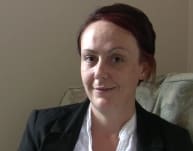
Steve
When Steve first met his wife, over 30 years ago, she had already had ECT for depression. During various periods of depression, she had ECT when nothing else worked. Only recently has Steve described himself as a carer' and says that there are long periods in between episodes of depression where his wife is well.
Steve is a graphic designer, is married and has two children. He describes his wife’s ethnic background as White British.









